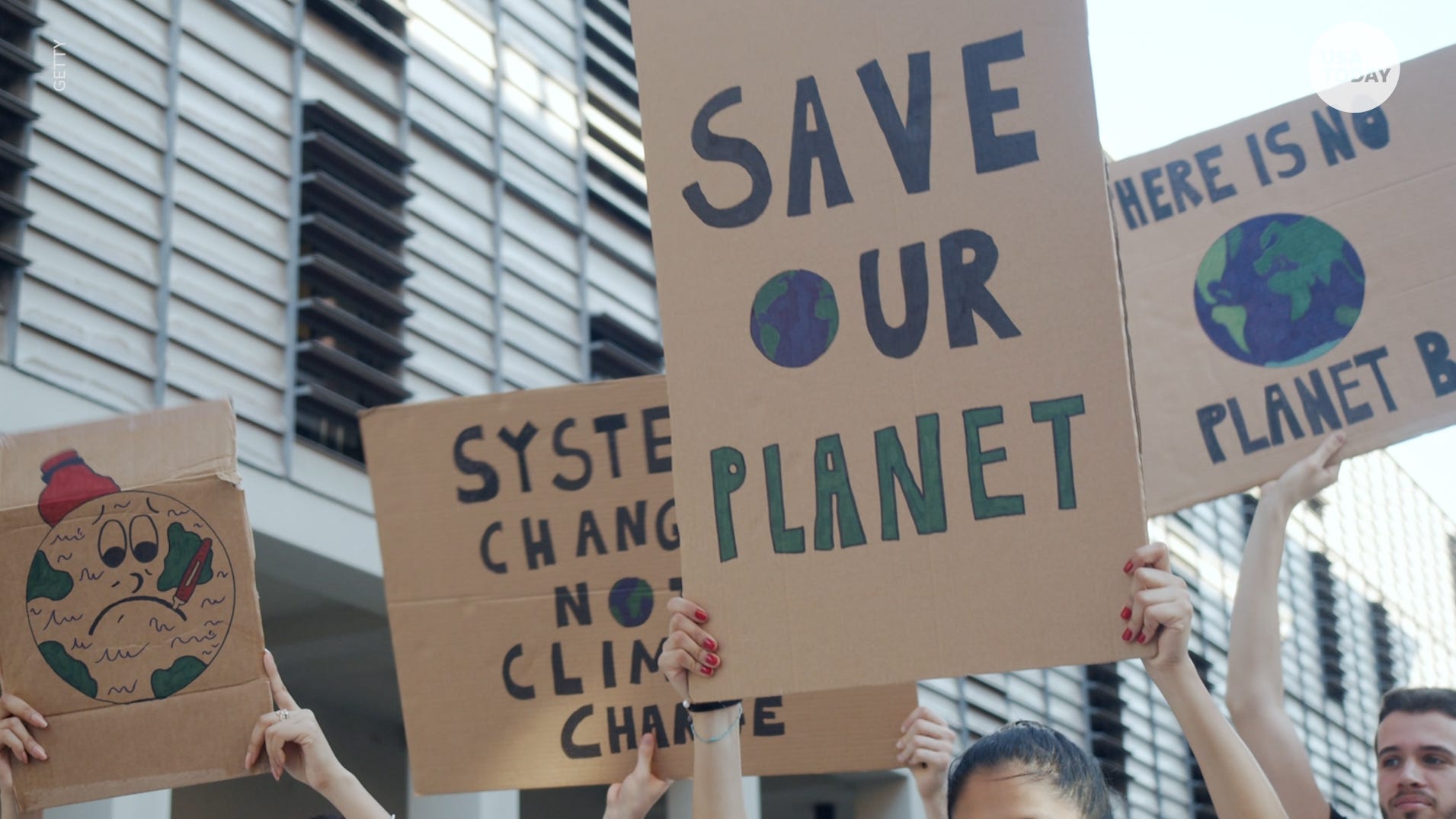The SEAS-based GW Environmental and Energy Management Institute (EEMI) completed the development of a capacity building educational program for the Secretariat of the United Nations Framework Convention on Climate Change (UNFCCC), the leading climate change organization in the world, during the Spring 2023 semester. The program, consisting of three educational videos and related learning documents, will enhance developing nation participants to engage more completely and effectively in the UNFCCC process as they pursue national implementation of international climate commitments.
In May 2023, Christine Adam, Director of the Legal Affairs Division at the UNFCCC Secretariat and senior United Nations official overseeing the project, wrote:
"We are extremely proud of these products and I would like to thank you and your team for the support provided to the development of the courses and for the flexibility the team demonstrated in accommodating the needs of the secretariat and the specifics of each e-learning course. The courses will contribute to enhancing the capacity of young negotiators, presiding officers, observer organizations, policy makers and legislators to actively engage in the UNFCCC process and implement international climate commitments.… Feedback we have received so far is very positive."
The EEMI team included Dr. Mukes Kapilashrami, EEMI Director of Operations, who coordinated the day-to-day activities of the project; Dr. Ed Saltzberg, EEMI Director of Professional Education, who guided the work on the first of the three courses (“A Participant Guide to the UN Climate Change Process”); Dr. Peter Linquiti, EEMI CCAS Leader, who guided the work of the second course (“Compliance with the Paris Agreement”); Dr. Rachael Jonassen, EEMI Director of Climate Change, who guided the work for the third course (“The National Implementation of the Paris Agreement”); and Dr. Jonathan Deason, EEMI Director and Principal Investigator for the project.
Collectively, the courses provide an orientation to compliance and implementation requirements under the Paris Agreement as well as background on law and governance foundations underlying the UNFCCC and the Kyoto Protocol.
While the course materials are extensive, including learning outcomes, assessment of engagement measurements, success metrics (such as page views, time online, and learner progress rates), quizzes to measure knowledge at completion, and certificates of completion, below is a summary of their principal components:
To enhance the educational process within the UNFCCC Secretariat’s education program, the EEMI team also developed program evaluation mechanisms, including analytics and learner feedback through surveys; developed the overall educational framework; prepared storyboarding to integrate text, images, videos, and color schemes; and prepared on-line quizzes, group discussion boards, and problem-solving challenges, all in the context a pedagogical framework that is built on an integrative educational philosophy.
Syllabi for the three courses can be seen at the following links:
Course 1 - A Participant Guide to the UN Climate Change Process
Course 2 - Compliance with the Paris Agreement
Course 3 – The National Implementation of the Paris Agreement




